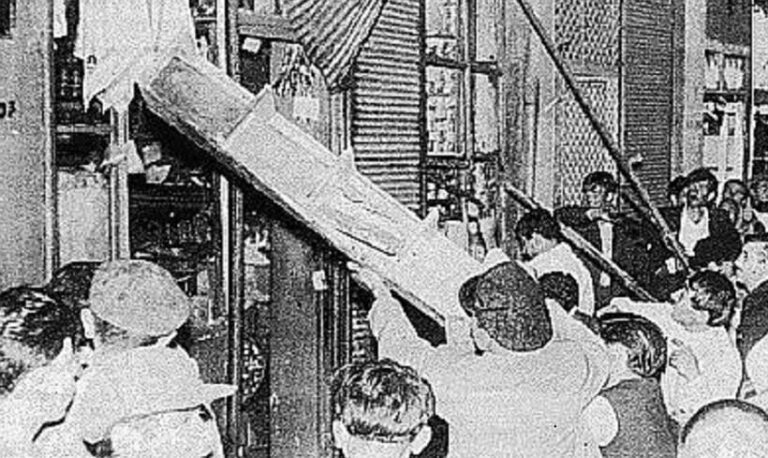Since the creation of the Republic, the issue of minorities has been a highly debated subject in Turkish political discourse, particularly with regard to a key theme such as the Halki seminar. In this article I will try to address important events regarding the history of minorities in Turkey.
Lausanne Peace Treaty and minorities
The Lausanne Peace Treaty signed in 1923 is the first and most important agreement regulating minority rights. Standard international regulation of minority rights in the 1920s recognized only racial, linguistic, and religious minority status as a fundamental characteristic. The Lausanne Peace Treaty restricted the definition of the term “minority” and only non-Muslims were granted minority rights under the minority regime of the Republic.
Based on Article 42 of the Treaty, the Turkish government took steps to resolve questions of family law or personal status and the state became responsible for the protection of synagogues, churches, cemeteries and other institutions religious and cultural. In article 44, it is specified that these provisions are under the guarantee of the League of Nations (Oran, 2004).
Population exchange
Population exchanges between Greece and Turkey were highlighted with the Lausanne Peace Treaty. With the ratification of the Peace Treaty, millions of people were displaced because of the agreement. It is known that during the exchange, Orthodox Greeks from Turkey and Muslims living in Greece were exchanged. This population change took place on the basis of religion. People subject to population exchange lost their previous citizenship and acquired the citizenship of the country to which they were going to settle. It is known that Greeks living in Istanbul and Muslims in Western Thrace were exempted from the exchange.
Wealth tax
It is known that after the Second World War, Turkey’s economic situation deteriorated significantly. Wealth Tax No. 4305 came into effect on November 12, 1942, with the idea of introducing a new tax to relieve the economy. The wealth tax has long been a controversial issue in Turkish politics, as it is seen as “one-party oppression” of the rights and freedoms of minorities. The reflection of the wealth tax was most notable in Istanbul, where it accounted for more than half of the tax liability of non-Muslims.
Events from September 6-7
On September 6, 1955, Turkish state radio announced that there had been a bomb attack on the house in Thessaloniki where Atatürk was born, and this news was announced in two different editions of the newspaper. Istanbul Express newspaper. On the same day, a public demonstration was organized in Taksim Square by various student associations and the Turkish Cypriot Association. After this demonstration, groups stoned the windows of non-Muslim businesses. The groups that looted homes and shops owned by non-Muslims carried Turkish flags and photographs of Atatürk and Celal Bayar.
According to Dilek Güven (2017), the events of September 6 and 7, 1955 took place too systematically and regularly to be explained by simple provocation. It can be said that this event played an important role in the loss of legitimacy of the government and in the realization of the military coup of 1960.
Current situation
Article 10 of the 1982 Constitution adopts the principle of “equality before the law” without distinction as to sex, religion, political opinion, race, language, color or other similar matters.


